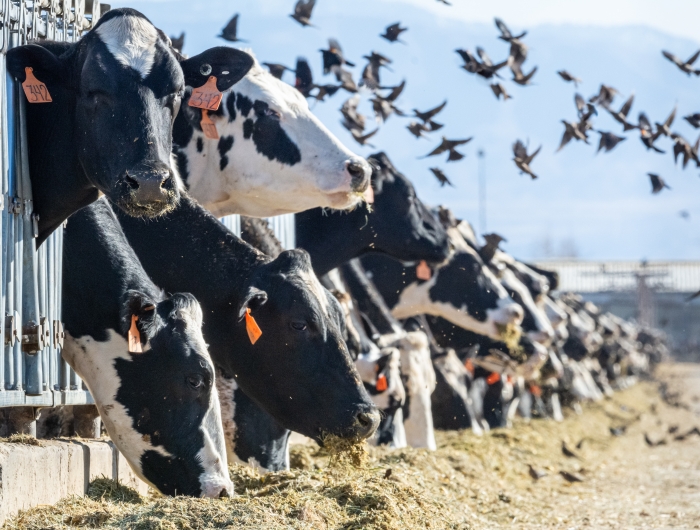Congress introduces bill to help solve foodborne outbreaks from concentrated animal feeding operations

Steve Harvey - unsplash.com.
Statement of CSPI Director of Regulatory Affairs Sarah Sorscher
Current law allows CAFOs to prevent federal investigators from testing for harmful pathogens on farm
This week Congresswoman Rosa DeLauro (D-CT) re-introduced the Expanded Food Safety Investigation Act (EFSIA), a bill that allows federal investigators to enter concentrated animal feeding operations (CAFOs) to test for harmful bacteria and other microbes that cause foodborne illness. Currently CAFOs can refuse investigators from the Food and Drug Administration or Centers for Disease Control and Prevention permission to enter the farm in order to determine the cause of an outbreak. No other food producers outside the animal agriculture sector, such as produce farms, can do this.
The animal industry can and has thwarted investigators from sampling on farms during outbreaks. Animal farms are part of our food system and can be a major source of foodborne illness. For instance, over 55 percent of foodborne Salmonella illnesses come from animals.
The EFSIA was first introduced in 2019 after a nationwide outbreak of E. coli in romaine lettuce was tied back to lettuce growing in close proximity to a large cattle-feeding operation in Yuma, Arizona. Federal investigators have also faced challenges understanding how outbreaks emerge and spread in animal farms during large outbreaks traced back to pork and chicken.
By allowing federal investigators to track the source of the outbreak from CAFOs, this bill will help expand our scientific knowledge of how illness can spread and prevent future outbreaks. CAFOs should not be allowed to cause outbreaks and then slam the barn door shut when public health officials come knocking for answers.
Contact Info: Lisa Flores, 202-777-8368 or Jeff Cronin, 202-777-8370

